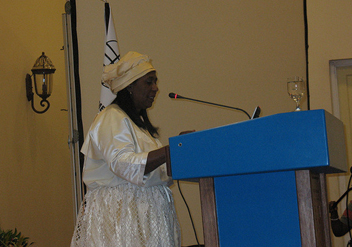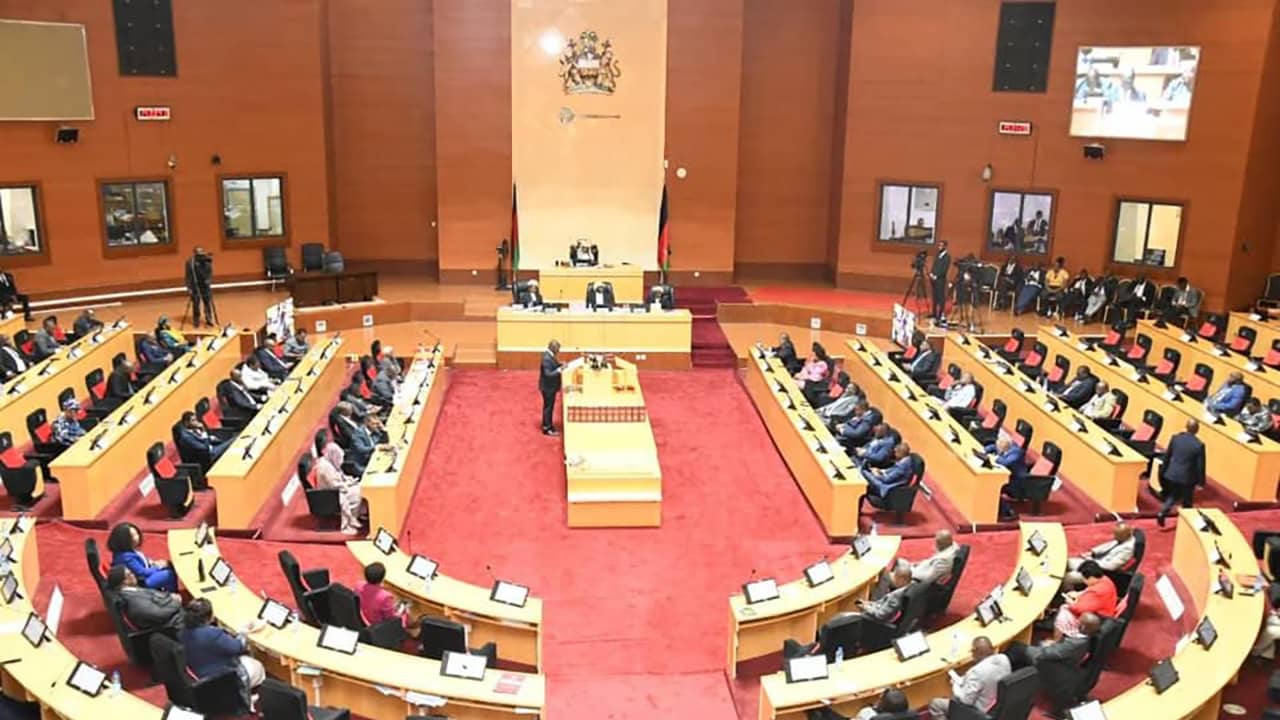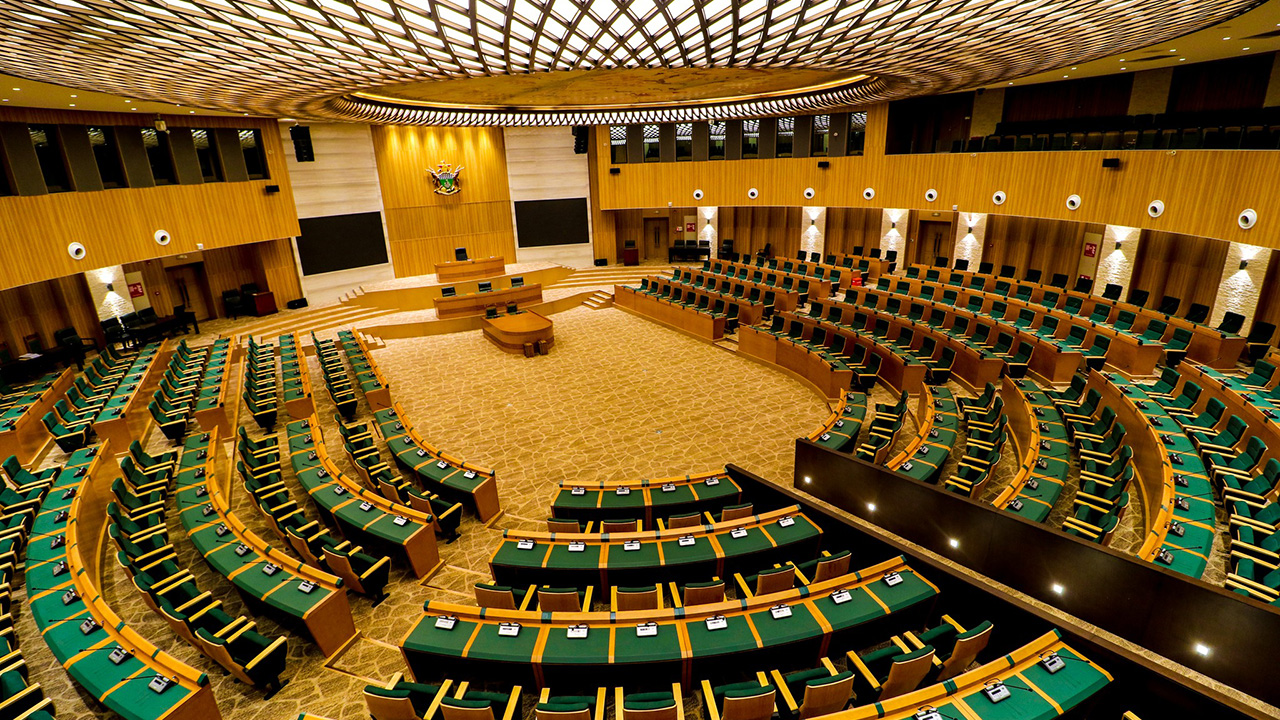
October 10, 2013 / International Day Against the Death Penalty:
“Parliamentarians, a critical force in promoting the abolition of the death penalty”
Inter-Parliamentary Union (IPU) - Geneva
STATEMENT OF THE DELEGATION OF THE NATIONAL ASSEMBLY OF SURINAME PRESENTED BY THE VICE- SPEAKER, HER Excellency MRS. RUTH J. WIJDENBOSCH.
On behalf of The National Assembly of Suriname, I would like to thank you for allowing us to participate in this event organized by the Inter Parliamentary Union and the International Commission Against the Death Penalty.
The discussion on abolishing the death penalty is certainly not an ordinary one. It is rather controversial in terms of finding consensus and sometimes very emotional.
We must underscore that there are strong opinions pro and contra with regard to the death penalty.
As stated in the first article of the IPU statutes, the protection and promotion of human rights are among the main goals of the Inter-Parliamentary Union, which defines human rights as an essential factor leading to democracy and development.
With regard to the death penalty Suriname is on the list of those self- imposed states, due to the fact that the death penalty is still officially included in our Penal Code. However, we can report that the last time the death penalty was enforced in Suriname was in 1927.
As of today there are no legal instruments or any infrastructure as to how the death penalty must be executed if a verdict of the death penalty, should be announced by the Judiciary. A new version of the Penal Code has been drafted in which the articles relating to the death penalty are abolished. Furthermore, there is consensus amongst the leading political parties in The National Assembly and also within the Government about this very important amendment. The draft of the Penal Code is now under discussion at The State Council and will then be presented by the President to the National Assembly for adoption.-
At regional level, on August 3, 2012 the Inter-American Commission on Human Rights (IACHR) of the Organization of American States (OAS), which includes the United States, called for a moratorium on executions in the region and released a report reviewing key areas of concern about the death penalty. In South America all States have abolished the death penalty except one.
Ongoing debates and regional initiatives on the death penalty convinced States that they have an obligation to respect human dignity and to enhance a progressive development of human rights. Although we are aware that within the Caribbean , we still face many challenges since some countries have not yet abolished the death penalty. It is reported that there are convicts on death row for many years waiting to be executed.
We, members of the National Assembly of Suriname, wish to express deep concern about the application and the execution of the death penalty. Generally spoken the application of the death penalty does not reach the objectives in terms of the implementation of penalties.
Therefore, we call upon our fellow Members of Parliament to work together to convince Governments where the death penalty is still enforced to progressively restrict the use of this and not to impose capital punishment.
Furthermore [...], we call upon states:
- To establish moratorium on executions with a view to abolishing the death penalty;
- To make available information with regard to the use of the death penalty;
- To provide data with regard to the number of executions and the number of individuals on death row;
- To respect international standards that provide safeguards guaranteeing the protection of the rights of those facing death penalty;
I wish to emphasize that we need to promote a better understanding of global and regional trends on this issue in order to identify the legal and political opportunities for parliamentary involvement so that we as parliamentarians can overcome the many challenges other countries face.
Finally, it should be recalled that a global moratorium is the first step in the process of worldwide abolishing the death penalty.
Thank you all.
The delegation of Suriname
H.E. Ruth Wijdenbosch, Vice Speaker
H.E. A. Misiekaba head of the delegation
H.E. C. Santokhi member of parliament
H.E. W. Bonjaski member of parliament




